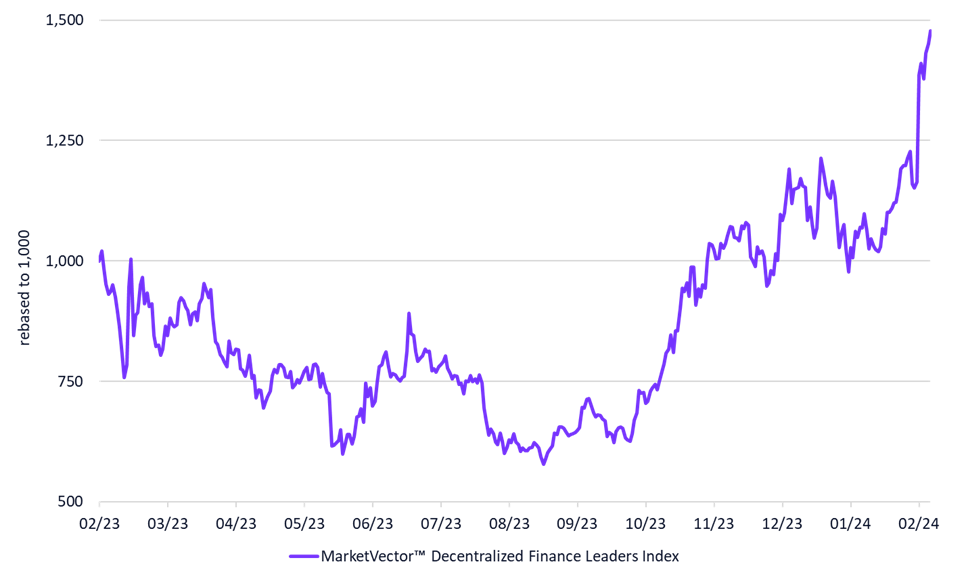A Shift in Crypto Dynamics
In an unprecedented move that's setting the crypto world abuzz, Uniswap has tabled a revolutionary proposal that could redefine the landscape of governance tokens. This proposal isn't just another amendment; it's a bold step towards integrating revenue sharing with governance token holders. But what does this entail, and why is it causing such a stir in the crypto community?
The Essence of Governance Tokens Redefined
Until now, the crypto market has been familiar with utility tokens and governance tokens, which, unlike securities, offer no promise of profits but allow holders to influence the direction of a protocol. Governance tokens, by design, provide a say in decision-making processes, a concept that, while appealing, has been met with skepticism regarding its value proposition. Even Ethereum's co-founder, Vitalik Buterin, has criticized the overly optimistic valuation of governance rights, highlighting the impracticality for average individuals who seek meaningful influence within these platforms.
A Pioneering Proposal by Uniswap
Uniswap's new proposal challenges the traditional narrative by suggesting the sharing of revenue generated by the protocol with its governance token holders. This paradigm shift is not just a significant departure from the norm but sets a new precedent in how governance tokens are perceived and valued. The proposal, which is yet to be passed, signals a potential transformation from mere voting tokens to valuable assets that offer a share in the protocol's earnings. It marks the first time a U.S.-based protocol has ventured into blending governance rights with financial dividends, a combination that could attract more investors and elevate the utility and appeal of governance tokens across the industry.
Regulatory Climate and Strategic Moves
Speculation abounds that Uniswap's confidence in proposing such a significant shift stems from a potentially changing regulatory environment in the United States. Observers point to developments such as the Coinbase case with the SEC, suggesting a more favorable landscape for innovative tokenomics models. This proposal might indicate a broader industry trend towards adopting revenue-sharing mechanisms, assuming a more relaxed regulatory stance.
Identifying Opportunities in the Shifting Landscape
As the industry digests Uniswap's proposal, the focus shifts to identifying governance tokens that have yet to implement revenue sharing. The anticipation is that more protocols will adopt similar models, leading to a reevaluation of many tokens' value propositions. An analysis of potential beneficiaries of this trend suggests a wide range of tokens could see increased interest and valuation as the concept of revenue sharing takes hold across the crypto ecosystem.
Conclusion: A New Era for Governance Tokens
Uniswap's revenue-sharing proposal is more than an isolated policy change; it represents a potential paradigm shift in the crypto industry. By aligning token holders' interests more closely with the financial success of protocols, this approach could significantly enhance the attractiveness and utility of governance tokens. As the community awaits the final decision on Uniswap's proposal, the broader implications for the industry and tokenomics principles are clear. This development could herald a new era where governance tokens serve as a bridge between traditional financial dividends and the innovative potential of decentralized protocols.
MarketVector™ Decentralized Finance Leaders Index
2/28/2023-2/28/2024

Source: MarketVector IndexesTM. All values are rebased to 1,000. Data as of February 28, 2024.
About the Author:
Martin Leinweber works as the Digital Asset Product Strategist at MarketVector providing thought leadership in an emerging asset class. His role encompasses product development, research, and communication with the client base of MarketVector. Before joining MarketVector, he worked as a Portfolio Manager for equities, fixed-income, and alternative investments for almost 20 years. Martin was responsible for the management of active funds for institutional investors such as insurance companies, pension funds, and sovereign wealth funds at the leading German quantitative asset manager Quoniam. Previously, he held various positions at one of Germany's largest asset managers, MEAG, the asset manager of Munich Re and ERGO. Among other things, he contributed his expertise and international experience to the establishment of a joint venture with the largest Chinese insurance company PICC in Shanghai and Beijing. Martin is co-author of “Asset-Allokation mit Kryptoassets. Das Handbuch “(Wiley Finance, 2021). It’s the first handbook about integrating digital assets into traditional portfolios. He has a Master of Economics from the University of Hohenheim and is a CFA Charter holder.
For informational and advertising purposes only. The views and opinions expressed are those of the authors but not necessarily those of MarketVector Indexes GmbH. Opinions are current as of the publication date and are subject to change with market conditions. Certain statements contained herein may constitute projections, forecasts, and other forward-looking statements, that do not reflect actual results. It is not possible to invest directly in an index. Exposure to an asset class represented by an index is available through investable instruments based on that index. MarketVector Indexes GmbH does not sponsor, endorse, sell, promote, or manage any investment fund or other investment vehicle that is offered by third parties and that seeks to provide an investment return based on the performance of any index. The inclusion of a security within an index is not a recommendation by MarketVector Indexes GmbH to buy, sell, or hold such security, nor is it considered to be investment advice.




